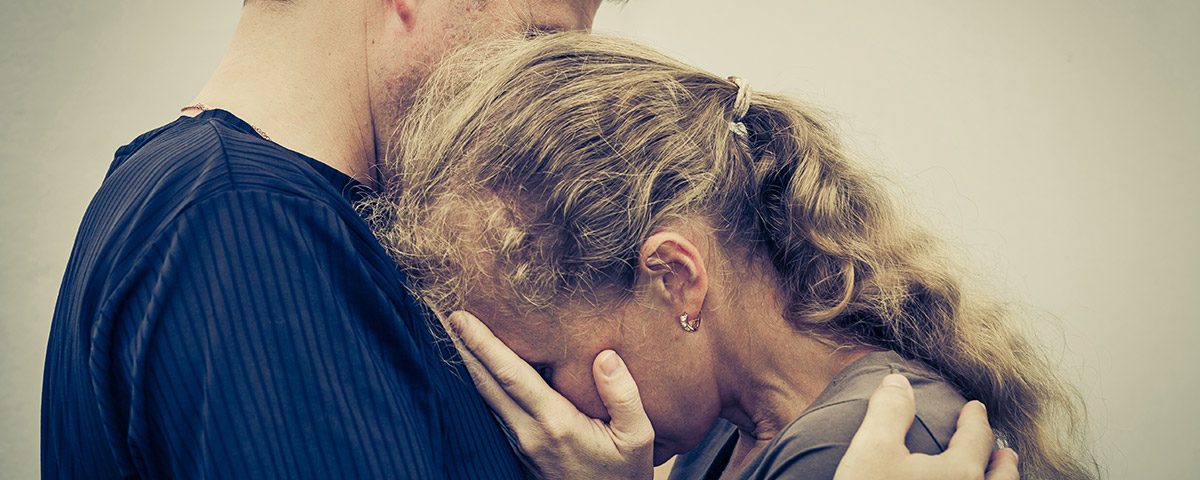Contrary to what many popular cultural stereotypes, what we call sex addiction is not really about sex at all.
Sex addiction is about thoughts and urges that have spiraled out of someone's control. It’s about gratifying the reward centers of the brain in a way that focuses on sex for psychological and emotional reasons. Often the triggers of sex addiction are deeply embedded emotional traumas regarding intimacy and relationships. A person struggling with an obsessive relationship to sexual behavior cannot change his or her behavior, even when it’s disrupting their health, causing family conflicts, ruining romantic relationships, inciting issues at work, or even spurning legal problems.
Identifying Unhealthy Sexual Activity
To understand sex addiction, it's crucial to separate it from one specific sexual activity. We don’t want to get hung up on some specific sexual act, but rather the compulsion that leads to addictive or abusive overindulgence. In fact, sometimes even the most “normal” sexual activities can turn into uncontrollable compulsions that trigger a behavioral addiction.
Another thing to keep in mind is that people with high sex drives do not necessarily have an addiction to sex. It's possible to take part in sexual activities at a frequent rate without exhibiting signs of addiction. If someone is suffering from a sex addiction, normal feelings of pleasure during sexual activities will likely wane or cease altogether, as the act of sex no longer produces enough of the dopamine high they’ve been chasing. Despite engaging often in sexual activity, an addict is actually doing it to ignore negative feelings, much the way substance abusers seek out the drugs to escape some emotional pain.
What Constitutes Compulsive Sexual Behavior?
So how do you know when these activities have become compulsive? Behaviors could include obsessive sexual thoughts, excessive use of pornography, or excessive masturbation. More extreme addictive behaviors will include risky or promiscuous sex, adultery, and extreme fetish obsession. Hypersexuality is a popular term to give to those with sex addictions. This can be confusing, as some people may mistake this to mean a person with a highly active sex drive, which is normal in itself and not indicative of compulsive behavioral addiction.
While drug and alcohol addiction recovery often involves abstinence, it's not as easy for people to completely abstain from sex because it's an important part of life and relationships. Treatment programs for sex addiction keep this in mind and attempt to help the addict develop a healthy relationship to sex by investigating the root emotional causes of the addiction and expanding a person's understanding of his or her own intimacy and relationship boundaries in healthy, clinical ways.
If you have questions about sex addiction and recovery, feel free to reach out to one of our professionals for advice or further information.









